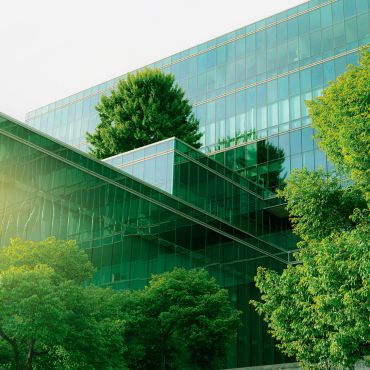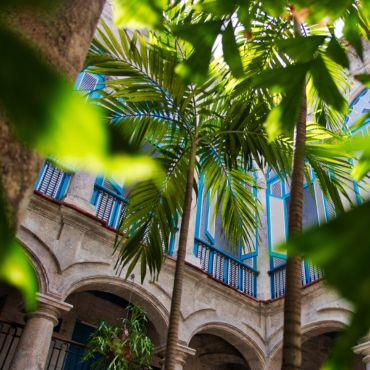Eco-Savvy Cities: 5 Sustainable Destinations for Meetings & Events
Around the world, cities are stepping up to meet the growing demand for more sustainable meetings and events. So, we’re spotlighting a selection across every region, showcasing how they’re shaping a more sustainable future for our industry.
Seattle, Washington, USA
Seattle is a leader across North America in eco-urban planning. This city surrounding the fresh-water-Lake Washington, is full of green spaces, bike trails, and an environmentally integrated urban agenda. We chose to highlight Seattle for its impressive efforts towards carbon neutrality and alternative transportation options.
Why it stands out:
- Expansive green spaces and nearby national parks.
- Electric Link light rail connecting airport to downtown.
- LEED Platinum-certified convention center.
Where to stay:
- Populus Seattle – Carbon-positive with a “one guest, one tree” planting program.
- 1 Hotel Seattle – Designed with 75% landfill diversion and ongoing LEED certification.
San José, Costa Rica
San Jose, Costa Rica, one of the most biodiverse destinations in the world is leading the industry of eco-tourism. Within the city center, reforestation is a priority with efforts to create urban forests helping capture more carbon, improve wellbeing and control temperatures. Costa Rica is a leader in creating policies to protect land and reduce emissions, which is why we chose San Jose as a top destination for groups looking for an eco-friendly immersive experience.
Why it stands out:
- 99% of electricity comes from renewables.
- 30% of land protected by law.
- Home to the UN-recognized Certificate of Sustainable Tourism (CST).
Where to stay:
- Balmoral Hotel – Regenerative urban restoration in the historic district.
- Xandari Resort & Spa – Organic gardens, tree-planting, and CST-certified.
Cairns & The North Tropical Highlands, Australia
Cairns, a vibrant hub for tourism, attracts visitors with its stunning natural landscapes and eco-tourism opportunities. As a city where 70% of its economy is driven by tourism, Cairns is committed to sustainability, ensuring that visitors can enjoy its beauty while contributing positively to the environment.
Why it stands out:
- Revenue from reef visits funds restoration.
- 72+ eco-certified tourism operators.
- Committed to net zero by 2050 via the Climate Action Plan.
Where to stay:
- Green Island Resort – Solar-powered, plastic-reducing, and in the Eco-tourism Hall of Fame.
- Pullman Cairns International – Certified sustainable with bamboo keycards and eco-tour options.
Stockholm, Sweden
Stockholm stands out as a premier sustainable destination for meetings and events in Europe. Renowned for its environmental innovations, the city uses a significant percentage of renewable energy sources, including hydro and wind power.
We chose to feature Stockholm because its mix of modernity and nature makes it an ideal destination for an environmentally conscious gathering of any size.
Why it stands out:
- Hydro and wind power lead the energy mix.
- Pioneering food waste and recycling initiatives.
- Carbon-neutrality by 2030 in sight.
Where to stay:
- Radisson Blu Waterfront – Energy-efficient and committed to local sourcing.
- Haymarket by Scandic – Eco-labeled with recycled materials and sustainable design.
- Elite Hotel Arcadia – Green Key certified and active in local environmental programs.
Edinburgh, Scotland
Scotland’s capital city stands out among one of the most sustainable destinations in Europe. From beautiful gardens to endless castles, there is no shortage of natural and historic beauty to admire as a visitor. Edinburgh is quickly becoming a leader, not only in the UK but across the world as a desirable destination working toward rigorous sustainability goals.
Why it stands out:
- 30% of residents use public transport.
- Over 20% of hotels have eco-certifications.
- Abundant urban parks and gardens.
Where to stay:
- The Glasshouse – Features a green roof and water-saving technology.
- Hotel du Vin Edinburgh – Wind-powered and chemical-free, with 70%+ waste diversion.
A more sustainable future
Across the industry, we’ve seen what’s possible when companies commit to smarter, more sustainable choices. We encourage you to take the next steps on your sustainability path and keep the conversation going. Whether you’re just starting or ready to scale, there are simple, proven actions you can take right now. And you don’t have to figure it out alone.
Written by

BCD Meetings & Events
Sign up to The Point
"*" indicates required fields


